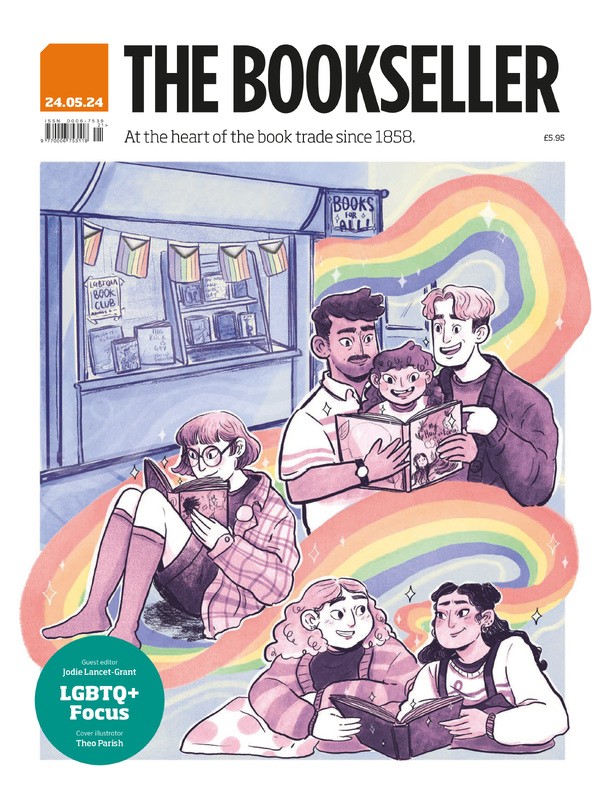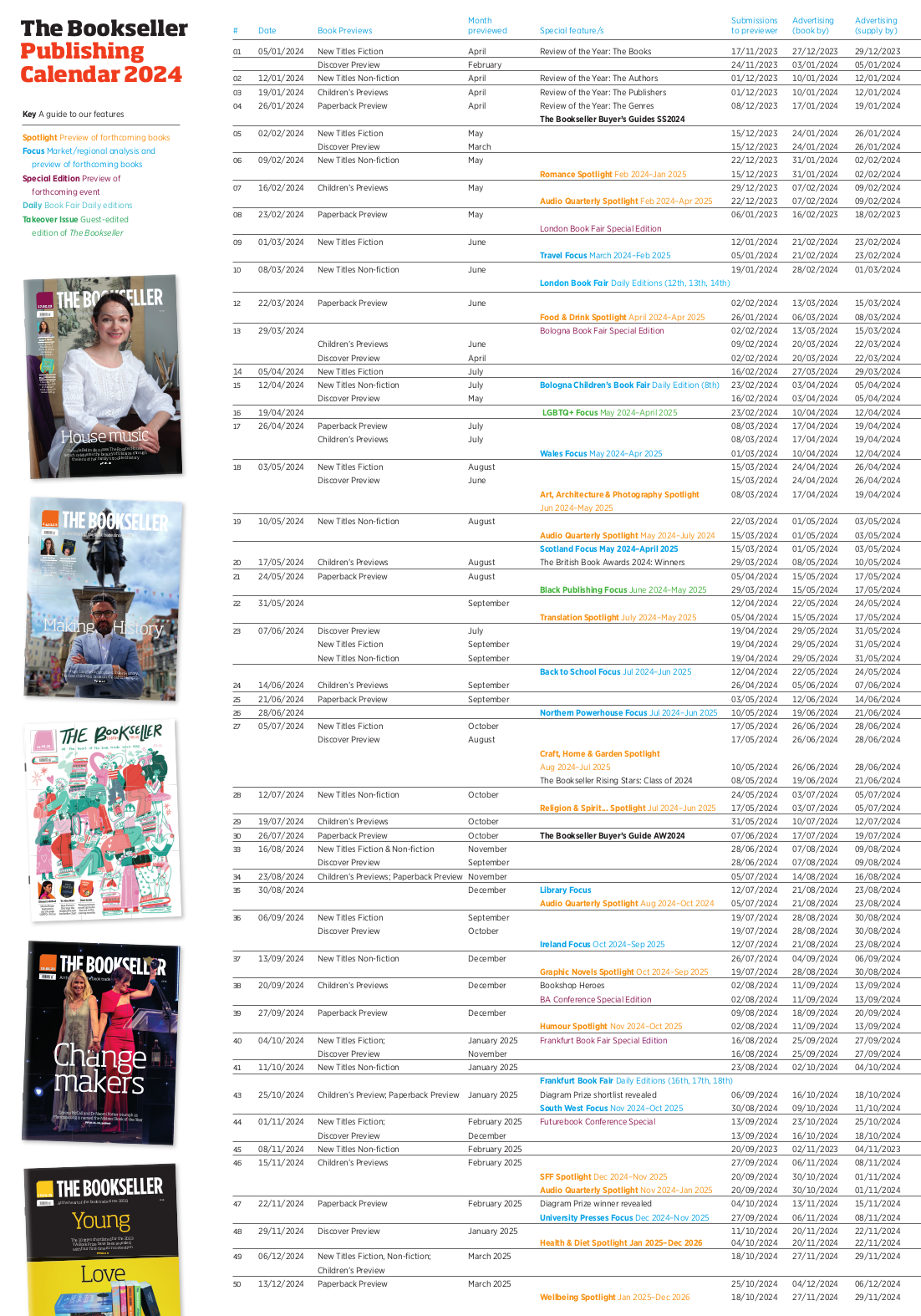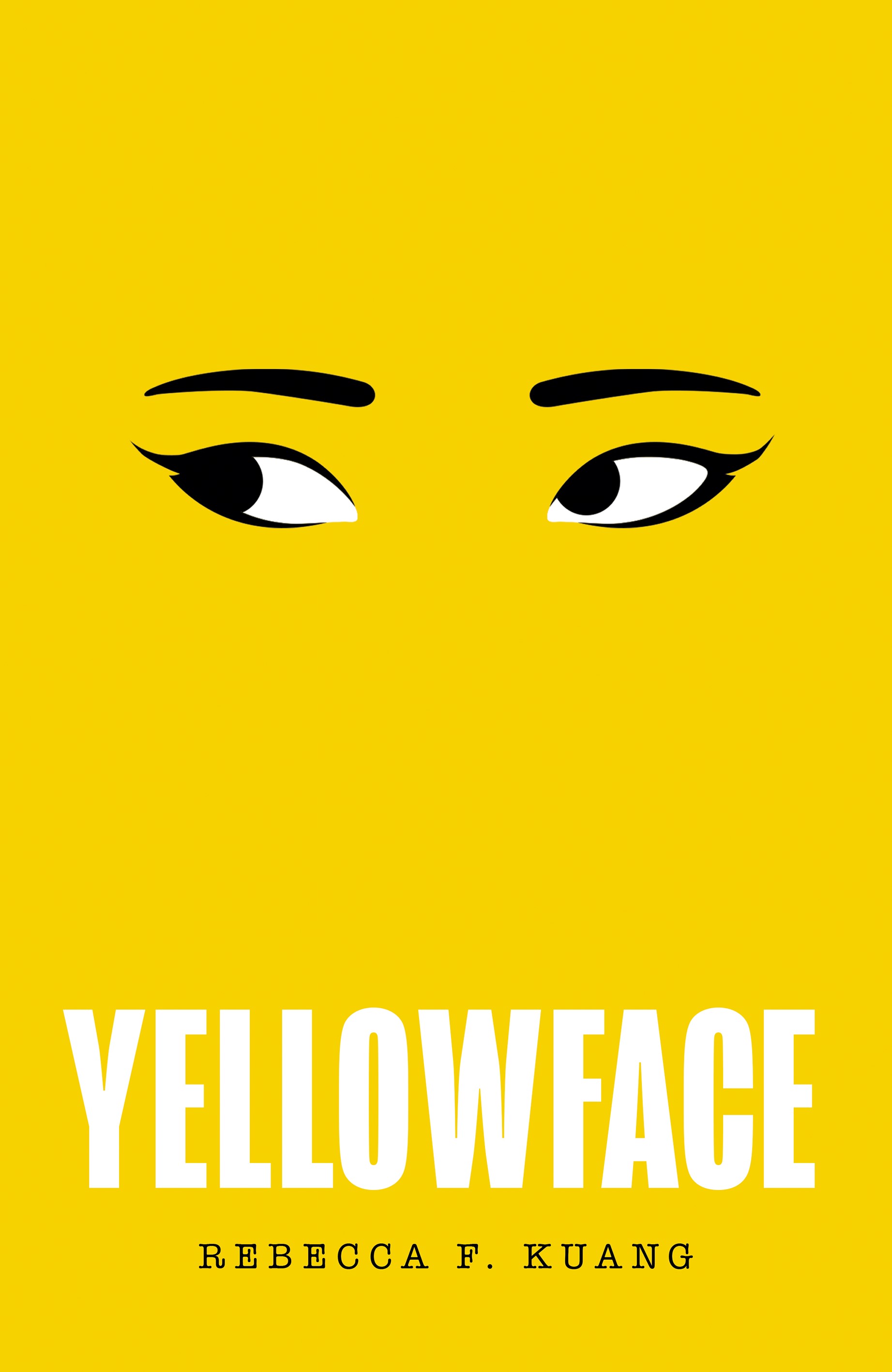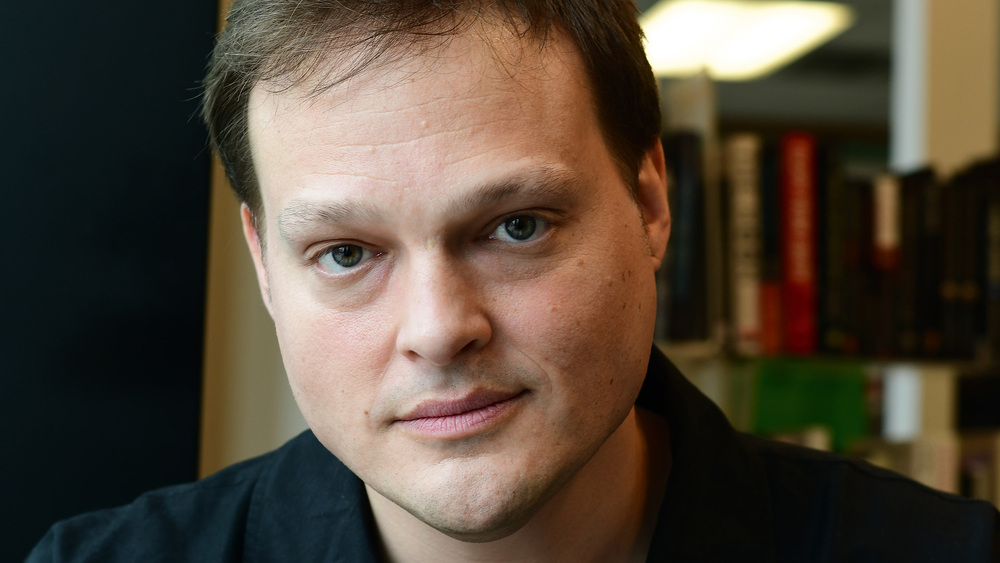Rebecca Kuang in conversation about her first literary novel taking aim at the publishing industry
Rebecca Kuang‘s latest novel sees her moving away from the fantasy genre, in which she made her name, to take aim at the vicissitudes of the publishing industry itself.
"I could not have written Yellowface as a début writer,” says Rebecca Kuang when she speaks to me via Zoom from her home in Boston, Massachusetts, about her upcoming novel Yellowface. “It has taken a few years in the [publishing] industry getting to know people, seeing how people operate online and behind closed doors, how they talk about other authors and understanding the ins and outs of publishing to make writing this book possible.”
Kuang has become one of the best-known names in the fantasy genre over recent years following the success of her bestsellers Babel and the Poppy War trilogy (The Poppy War, The Dragon Republic, The Burning God). Never one to stay comfortable, she is venturing into literary fiction with Yellowface.
Yellowface follows June Hayward, a struggling white American writer, languishing in the shadow of her friend, Hong Kong-born publishing darling Athena Liu, who clinches bestseller spots, awards and critical praise. But when Athena dies in a freak accident, June commandeers the manuscript to her unfinished novel The Last Front and publishes the novel under the deliberately misleading pseudonym “Juniper Song” with the mid-size independent publisher Eden Press. Glowing reviews and award nominations follow—this is publishing “how it’s supposed to work”, Kuang writes in Yellowface, until speculation begins about the book’s authorship. The narrative moves at a taut pace towards a staircase-top crescendo as accusations mount and the Twitter knives are sharpened, and June is pushed to her psychological limits and eventually undone by Candice, the Korean-American former editorial assistant at Eden Press.
One of the aims of Yellowface is to trouble the idea that anyone necessarily has the right to tell any story, or that there is some objective standard of authenticity to which we can hold writers
Moving from fantasy to literary fiction felt “pretty normal”, says Kuang. Even though the books “are wildly different in tone and style, I think my readers are familiar with my approach to writing which is ‘let’s find the hardest possible question and untangle it and put characters in terrible situations’. So, it’s not so much of a leap.”
Questions of authenticity and storytelling, which informed Kuang’s earlier work, are present again in Yellowface, except this time using the publishing industry as a prism through which to seek answers and expose incongruities. “One of the aims of Yellowface is to trouble the idea that anyone necessarily has the right to tell any story, or that there is some objective standard of authenticity to which we can hold writers,” Kuang later added on email.
Watershed moment
The novel was born, in part, from the events in the publishing world during mid to late 2020. Kuang explains: “It seemed like a watershed moment” where “people were thinking hard about the disparity and advances between what white writers received and what everybody else received. I think this trickled over into larger conversations about race, diversity and inequality in publishing, not just in terms of which authors are given high advances and whose stories are uplifted and celebrated, but also who gets in the door; because the flip side to that conversation is that publishing will never change unless we have the people who can advocate for diverse stories, stories that aren’t traditionally told.”
Yet, the fallout from these conversations has been “abysmal” with platitudes and “superficial announcements” offered in place of action. Not to mention that discussions of inclusivity can be spun into the monetisation of representation which Candice rages against in the final pages: “‘Do you know what it’s like to pitch a book and be told they already have an Asian writer? That they can’t put out two minority stories in the same season?’”
Suddenly I had my team members just feeding stories of their mistreatment and discrimination working at HarperCollins and other publishers
Candice was originally not part of the central plot twist but was brought to the fore by Kuang’s US editor May Chen and editorial assistant Mireya Chiriboga. “It became very clear that this was Candice’s story all along,” says Kuang. “Then suddenly I had my team members just feeding stories of their mistreatment and discrimination working at HarperCollins and other publishers.”
She continues: “I didn’t know how bad it was on the other side until the book had been sold and then it really became a novel, not just about how broken and toxic authors are, but also about how terrible things are on the industry side.”
Yellowface powerfully dissects the “psychological impact that a career as tumultuous as a writer can have on you” as well as the toll taken on workers in the industry. Part of the new sphere of judgement lies, not only with critics, but social media. Twitter, described by Kuang in Yellowface as the “social economy of publishing”, has become the court where celebration can turn to evisceration at the drop of a hashtag. “The part of Twitter Yellowface criticises most directly is the gleeful tearing down of individuals,” explains Kuang, and the novel details this sadism with acuity. As proof of her fraud mounts against a cacophony of rage and hate, June’s mental health rapidly deteriorates into self-destructive indulgence in negative posts: “I like to concentrate all the negativity, to take it in all at once,” June says.
Healthy online option
Unlike her protagonist, Kuang maintains “very strict boundaries” with social media to enjoy a “healthy” relationship with online existence: “I’ve always treated Twitter, at least for the past few years, more as a way to find out who I would like to carry on a conversation with offline and to get recommendations for books and other art forms.”
Those who follow Kuang on social media will know she is already working on her fifth fantasy book Katabasis while studying for her PhD at Yale in East Asian Languages and Literatures as well as teaching and planning her wedding. “I will never do the same thing twice”, she says, and so in honour of this dictum Katabasis moves from a literary thriller to the afterlife, following two magician PhD students as they travel to Hell “to rescue the soul of their advisers so that they can write their job recommendation letters”. No quest to the underworld would be complete without a Kuang twist, namely “grappling with maths and logic paradoxes and the meaning of life, and also various theories of Hell”. “I think there are enough people who are interested in paradoxes,” Kuang says before dashing off to answer a call from her wedding photographer.










